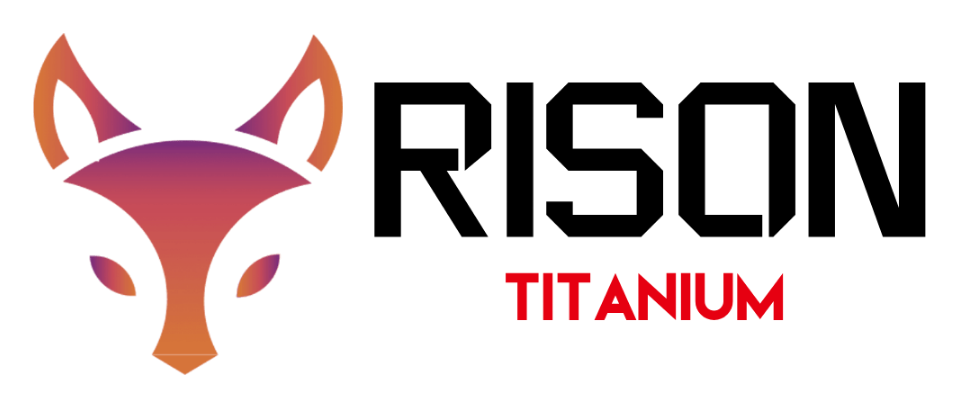
DIN 912 Titanium Socket Head Cap Bolt Screws Introduction
DIN 912 titanium socket head cap screws (SHCS) represent the pinnacle of high-strength,
lightweight fastening technology. Engineered to comply with the rigorous
DIN 912 / ISO 4762 standard, our Rison Titanium DIN 912 Titanium Socket Head Cap Bolt
feature an internal hex drive and cylindrical head design, delivering exceptional
reliability in space-constrained, high-stressapplications and so on. Machined from
aerospace-grade titanium alloys, they are indispensable in industries where
corrosion resistance, weight savings, and structural integrity are non-negotiable.
Rison Titanium Socket Bolts Key Features & Specifications
1. Material Excellence
- Titanium Alloys:
- Grade 2 (CP Titanium): Ideal for marine/chemical corrosion resistance.
- Grade 5 (Ti-6Al-4V): High strength (≥895 MPa UTS) for aerospace/automotive.
- Critical Advantages:
- 45% lighter than steel equivalents.
- Immune to saltwater, acids, and chlorides.
- Non-magnetic & biocompatible (ISO 5832-2).
2. DIN 912 Design Attributes
| Feature | Specification |
|---|---|
| Head Style | Low-profile cylindrical head with internal hex drive |
| Thread Standards | Metric coarse/fine (M1.6 to M64) |
| Drive Size | Hex key (Allen) driven – sizes 0.7mm to 36mm |
| Property Class | 8.8, 10.9, 12.9 (steel strength equivalent) |
| Surface Finish | Polished, anodized (color-coded), or bead-blasted |
3. Performance Advantages
- Space Efficiency: Flush mounting avoids protrusions in tight assemblies.
- High Torque Transmission: Hex socket minimizes slippage vs. external drives.
- Vibration Resistance: Uniform load distribution reduces loosening risk.
- Temperature Range: Stable from -250°C to 400°C (–418°F to 752°F).
Industrial Applications
Where DIN 912 Titanium Bolts Excel
- Aerospace:
- Aircraft engine mounts, avionics enclosures, and satellite frame assemblies.
- Medical Devices:
- MRI machines, surgical robots, and implantable device housings (biocompatible Grade 23).
- Automotive Motorsports:
- Lightweight engine blocks, carbon-fiber chassis, and turbo systems.
- Marine Engineering:
- Subsea robotics, desalination plants, and sailboat rigging.
- Precision Machinery:
- CNC equipment, optical instruments, and semiconductor manufacturing tools.
In summary,Titanium DIN 912 Bolts can used in many diffferent field.
Advantages vs. Conventional Steel Bolts
| Parameter | DIN 912 Titanium Bolt | Steel SHCS |
|---|---|---|
| Weight | ⬇️ 45% reduction | Heavy |
| Corrosion | ⬆️ Passive oxide layer resists all rust | Requires coatings (e.g., zinc) |
| Tool Access | ✅ Low-profile head fits confined spaces | Larger head height |
| Thermal Expansion | ≈50% less than steel | High expansion risks loosening |
| Fatigue Strength | Superior under cyclic loading | Lower endurance limit |
Installation Best Practices
- Anti-Galling Protocol:
- Use titanium-specific lubricants (e.g., molybdenum disulfide paste).
- Avoid overtightening – torque to 75% of steel bolt values.
- Tool Selection:
- Precision-ground hex keys (ISO 2936) to prevent socket rounding.
- Anodized Variants:
- Type II/III anodizing enhances wear resistance and allows color-coding for assembly verification.
Conclusion: Engineering Perfected
DIN 912 titanium socket head cap screws merge German precision standards with the revolutionary
properties of titanium. They solve critical challenges in modern engineering:
- Weight reduction without sacrificing strength.
- Corrosion-free operation in hostile environments.
- Maximized space utilization in compact designs.

